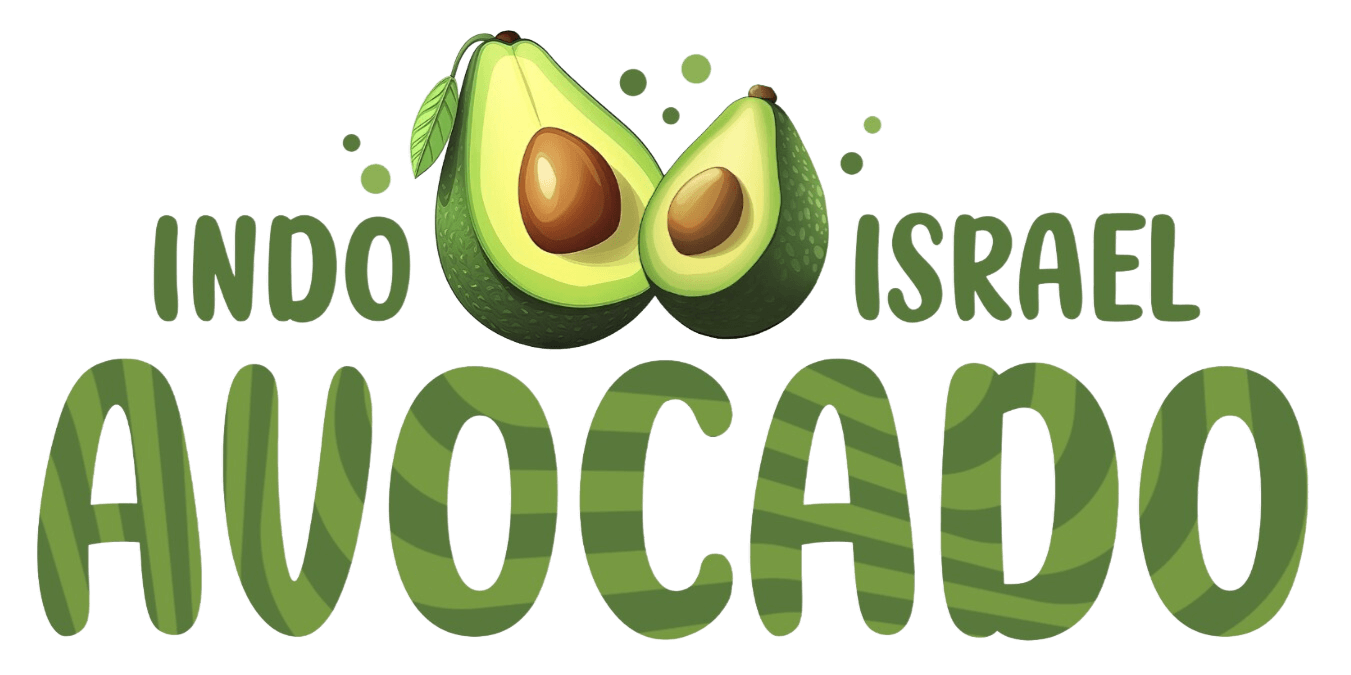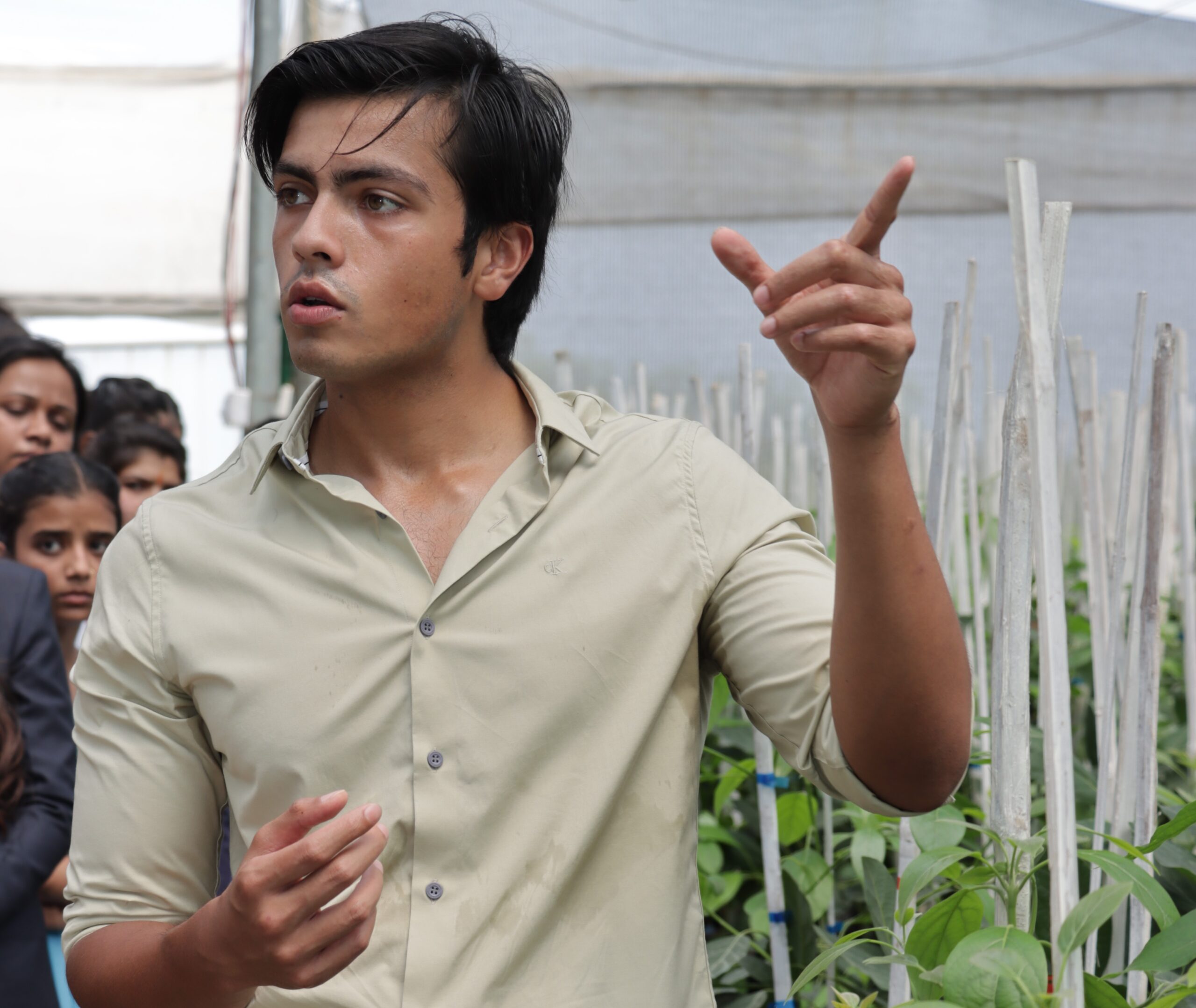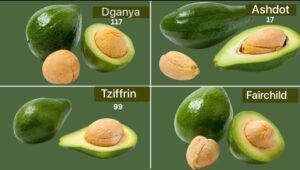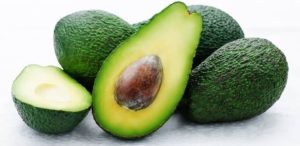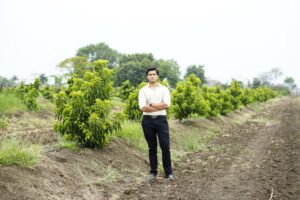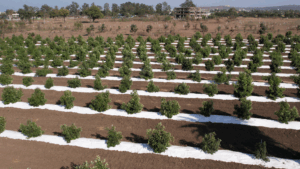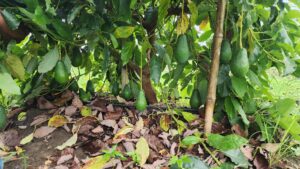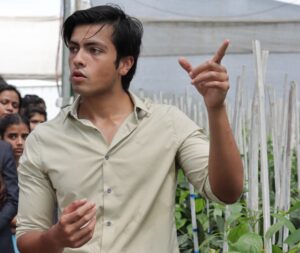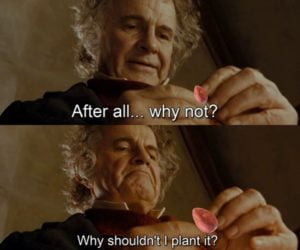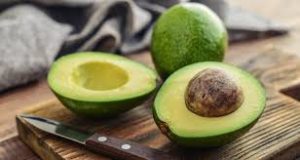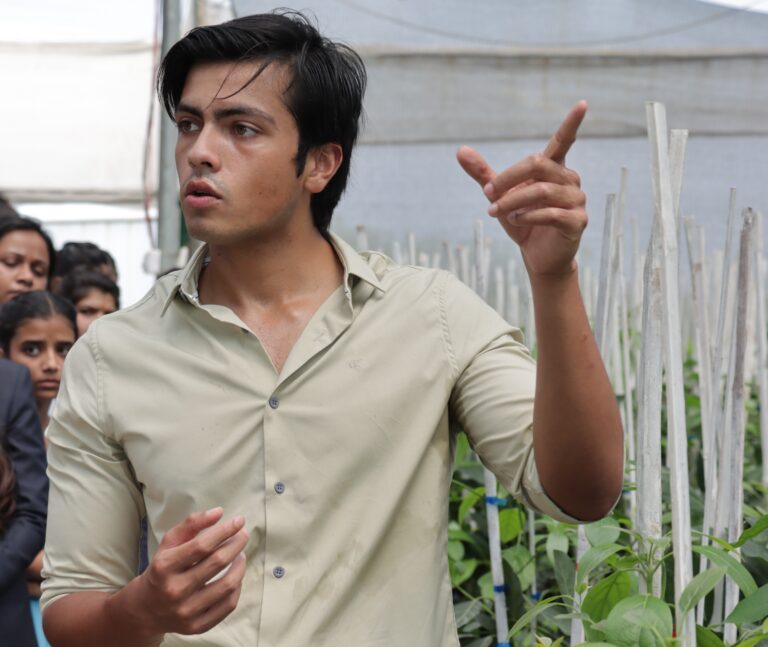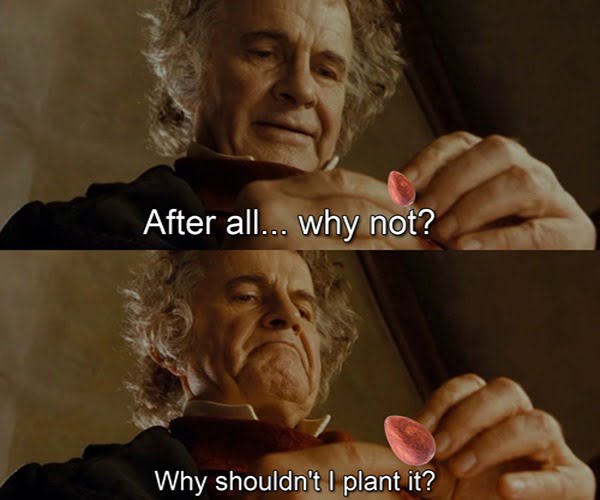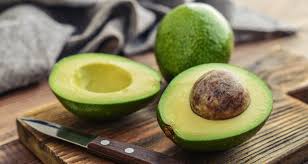Over the last few years, avocado farming has gained enough popularity in India to make farmers and researchers dwell more into its propagation practices. I often get asked if my plants are clonally propagated or through F1 seeds.
But in reality, the question they are really asking is which is better, clonal avocado rootstocks or F1 seedling avocado rootstocks. The logic goes like this, since clonal is a newer technique, surely clonal plants are better than seedling. NOT necessarily.
The answer is not straight forward.
Productivity and yield quality is not the only characteristic for rootstock research, breeding and selection. The other characteristics for which rootstock selection is based on are Phytophthora resistance and/or salinity resistance. Phytophthora is generally common in tropical regions, whereas calcareous soils and saline conditions are often present in semi-arid and drier regions. And avocado plants are highly sensitive to both.
Depending on what problem is being tackled, appropriate rootstocks are selected. West Indian race rootstocks are generally more tolerant to saline conditions often found in semi-arid regions. In more tropical climates, phytophthora is of general concern for avocado farmers.
In Israel, the focus of researchers over the last 60 years had been tolerance to calcareous, saline and alkaline soils. Phytophthora is not common in Israel. So, the industry developed rootstocks like Ashdot 17, Degania 117, Degania 189, Fairchild etc. to tackle salinity. The tolerance to phytophthora is not studied and researched much in Israel.
Whereas in South Africa and California, phytophthora was of serious concern. So, Duke 7 was the first commercialized rootstock which showed tolerance to Phytophthora. Later on, Dusa came along which showed higher resistance to phytophthora than Duke 7.
But you may ask, what has this got to do with clonal or seedling propagation in avocado nurseries.
Yes, I am coming to the point.
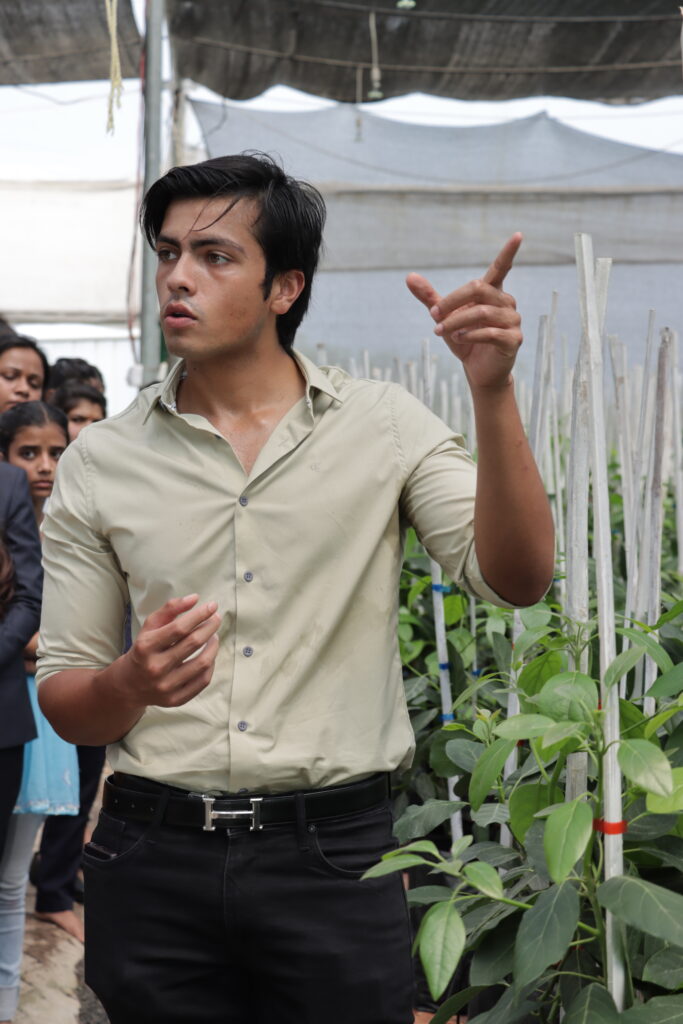
Rootstock selection is made for certain desirable traits mentioned above, ALONG with high productivity, but how these traits are transferred to the plant ultimately guides the nursery owners to decide if they should go for clonal avocado propagation or seedling.
You see, salinity resistance is a hereditary trait (Whiley et al., 2013), which get passed on from the mother plant to the First-generation seed (F1 seed). So, if the mother plant of Ashdot has salinity resistance and other desirable traits like high productivity, dwarfing canopy then the F1 progeny seed will have that too. Of course, this will change in the second (F2) or third (F3) generation progenies of the original Ashdot mother tree.
However, phytophthora tolerance is a multigenic trait (Whiley et al., 2013). It means the genes of both the parents of Dusa were responsible for giving Dusa its most valued trait, phytophthora tolerance. The mother plant and the pollinizer were together giving that trait to Dusa. But it doesn’t mean that subsequent progenies of Dusa will have phytophthora tolerance. Even the F1 seed of Dusa mother plant may or may not have phytophthora tolerance.
Therefore, when a nursery is clonally propagating Dusa rootstock, they are making identical clones of Dusa, by making the budwood to forcefully grow roots. Now, since the budwood comes from Dusa mother plant, it is an identical clone. These identical clones will have phytophthora tolerance. This was the reason that clonal propagation technique for avocado was developed.
On productivity
Do clonal plants have higher productivity than seedling plants? Evidence from Israel, South Africa and Australia suggests otherwise.
In an experiment done in Australia, over a 5-year cropping cycle, F1 seedling plants outperformed clonal plants in terms of yield (Dann, 2016).
Furthermore, in a study conducted in Israel to evaluate performance between clonal rootstocks and seedling rootstocks, no significant difference was observed. However, clonal rootstocks showed less degree of alternate bearing but cumulative outcome remained the same over a few years of production cycle (Cohen et al., 2022).
Lastly, data extracted from a national benchmark study performed by Sourcebi agriculture data analytics showed that over a 7-year period, F1 seedling rootstocks yielded the same average tonnage per hectare as clonal rootstocks (Strever L., South Africa, 2023, personal communication).
Do clonal plants give a uniform avocado orchard?
In my interview series with Dr Roberto Nathan, we discussed if clonal plants give a uniform avocado orchard. He suggested, in the nursery clonal trees do give a uniform plant, but in the field after a certain period, the growth is uneven (Nathan, 2022).
Do seedling rootstocks demonstrate high degree of variability in the field?
In Israel, West Indian race F1 seedling rootstock demonstrate less degree of variability as compared to Mexican race F1 seedling rootstock (Whiley et al., 2013).
– Harshit Godha
Indo Israel Avocado
References
Cohen, H. et al. (2022) ‘Effects of seedling and Clonal West indian rootstocks irrigated with recycled water on “hass” avocado yield, fruit weight and alternate bearing’, New Zealand Journal of Crop and Horticultural Science, 51(1), pp. 39–51. doi:10.1080/01140671.2022.2098779.
Dann, E. (2016) ‘Avocado rootstock assessment and improvement -Interim’, Horticulture Innovation Australia, pp. 9–9.
Roberto Nathan (2022). Youtube. 24 April. Available at: https://www.youtube.com/watch?v=WY2jbJX0YeQ (Accessed: 05 November 2023).
Whiley, A.W., Schaffer, B. and Wolstenholme, B.N. (2013) The avocado: Botany, production, and uses. Wallingford: CABI Pub.
Recommended
